Nelson Can Bassist Signe Tobiassen on Self-Love and Sacrifice
Signe Tobiassen, bassist in Nelson Can, opens up about the band’s breakup, their final album, and their “no guitar policy.”
Some of the greatest love stories are about sacrifice. For Danish alt-rockers Nelson Can, that balance between self-love and survival is at the very heart of their latest release, So Long Desire.
With a strict “no guitar policy,” the trio have carved out a space for their inventive riffs and psych-lit grooves that’s earned them support slots alongside fellow indie minimalists Royal Blood and The Black Keys. Since their inception back in the early aughts, a lot has changed, from the way we talk about women in music to the decade-spanning friendships that make up the bedrock of the band.
But the biggest shift of all came at the end of January, when Nelson Can announced their headline show at VEGA in Copenhagen would be their last. We spoke with bassist Signe Tobiassen days before the announcement, when she opened up to She Shreds about the band’s breakup for the first time, the importance of creative control, and setting music free.
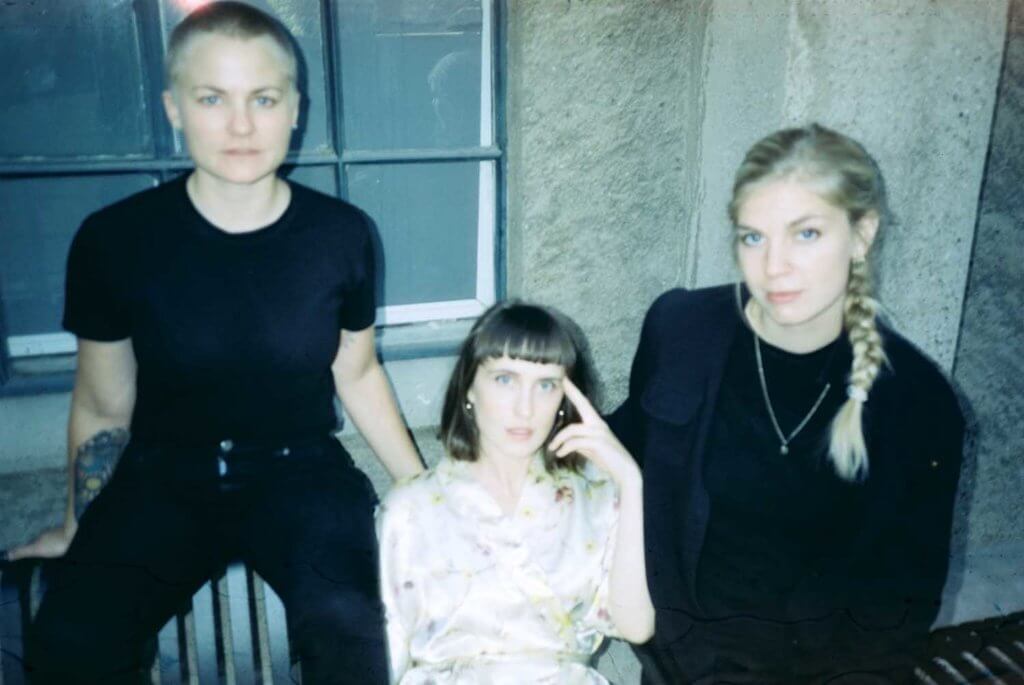
So Long Desire is your first record in six years since 2014’s Now Is Your Time To Deliver. What would you say has been the biggest shift for you as a band from putting out your debut up until now?
That album was a huge failure for us. We didn’t get any radio, we didn’t sell a lot of tickets. We released it because everyone told us that we weren’t a real band if we didn’t release an album, but actually we didn’t feel like making an album. We just did it because we were told to.
That led to us not ever wanting to record an album again, so that’s why the next thing we released was an EP. At that time, we thought we didn’t have any more energy left in us. But EP3 was very well accepted and that gave us the hope and belief that we can actually make an album without almost dying in the process!
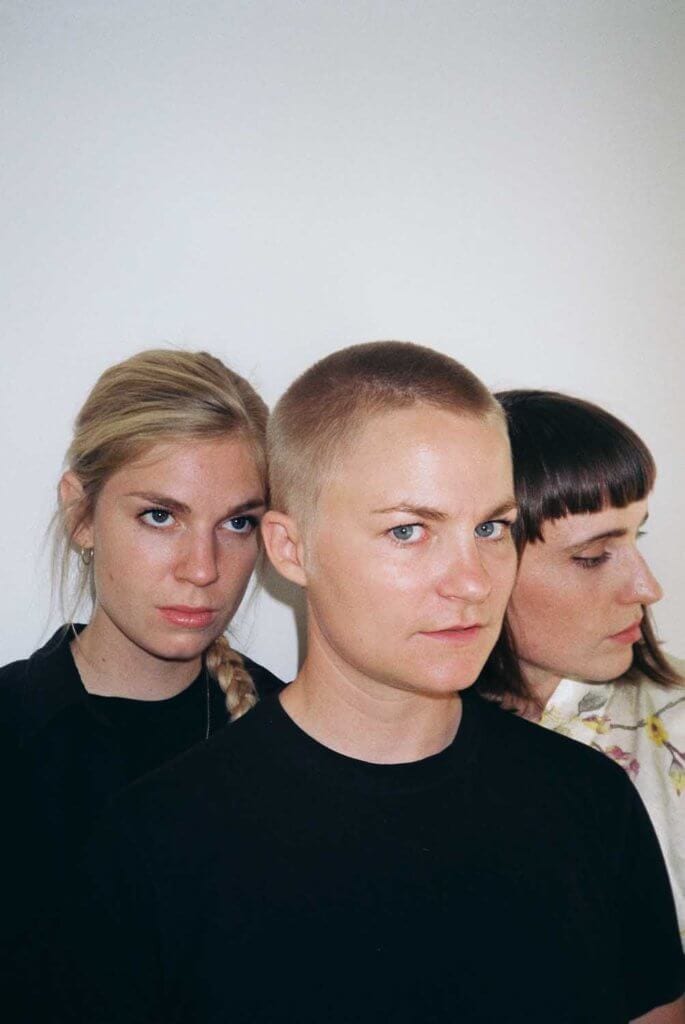
The scene in Copenhagen must have also changed from your days as a DIY band in the early aughts. Have you seen a change in parity with more women picking up guitars?
That’s a big question. Compared to back when we started, yes, a lot of things have changed. The way we articulate and describe the works of women has changed and that’s not just within the music industry. Things happened back then and the way we talked about things was not cool, but I didn’t see it either. We’ve changed along with the changes in society, so it’s difficult to see it that much.
[Signe places her head in hands, visibility exhausted.]
Ok, I have to be honest with you because I’m a very honest person: We’re breaking up the band.
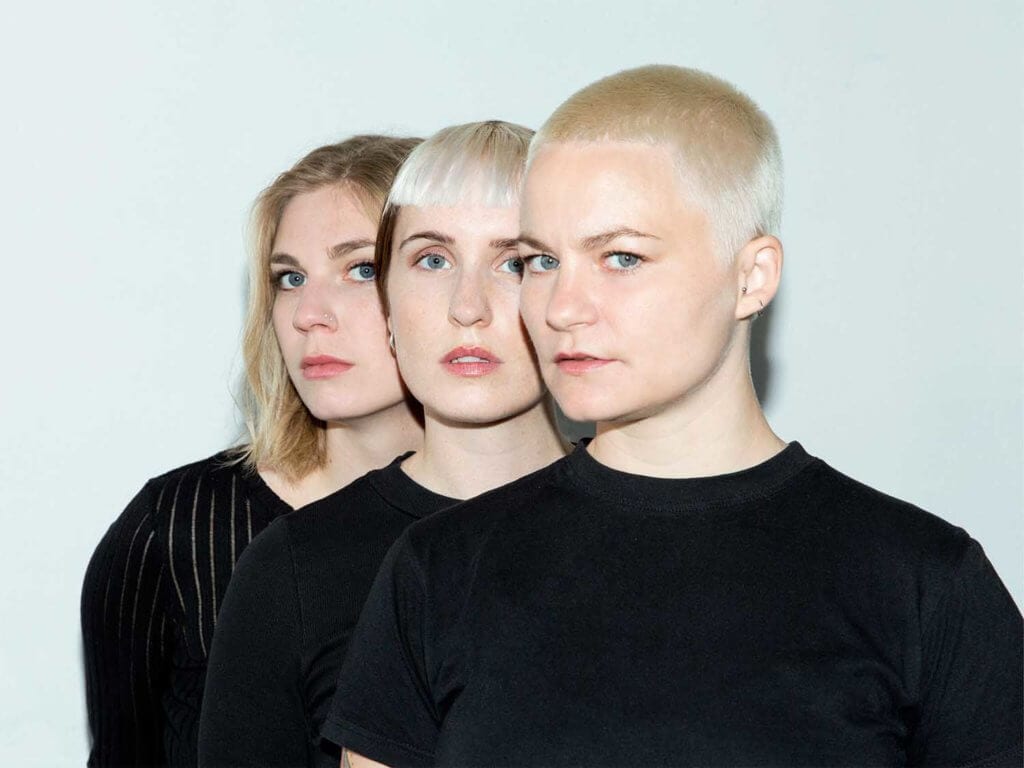
It’s actually for a lot of these reasons. It’s about all the difficult feelings of being a musician. There’s a lot of pressure put on women musicians to excel, to over-excel and over-perform, and that has a price. In our situation, we put so much pressure on ourselves that we actually ended up hurting each other quite a lot. I, at least, felt like I had so much to prove, and I still feel that way. No matter how good I get, how talented I am, and how well our songs do, I’ll still be the best “female” bass player that people know.
[It’s also due to] the pressure from our surroundings as well. Be it my family, my colleagues, people I meet on the street—the question I always get is, “Can you make a living?” A lot of the time I feel like a failure if I can’t say “yes.”
We’re all continuing though. I already have two other projects coming up. Selina just supported The National and has a project. There’s so much good stuff going on, but we’re just at a level now where we need to break up at least for a little while. We’ve been doing this for nine years. Selina and I have known each other since we were 12.
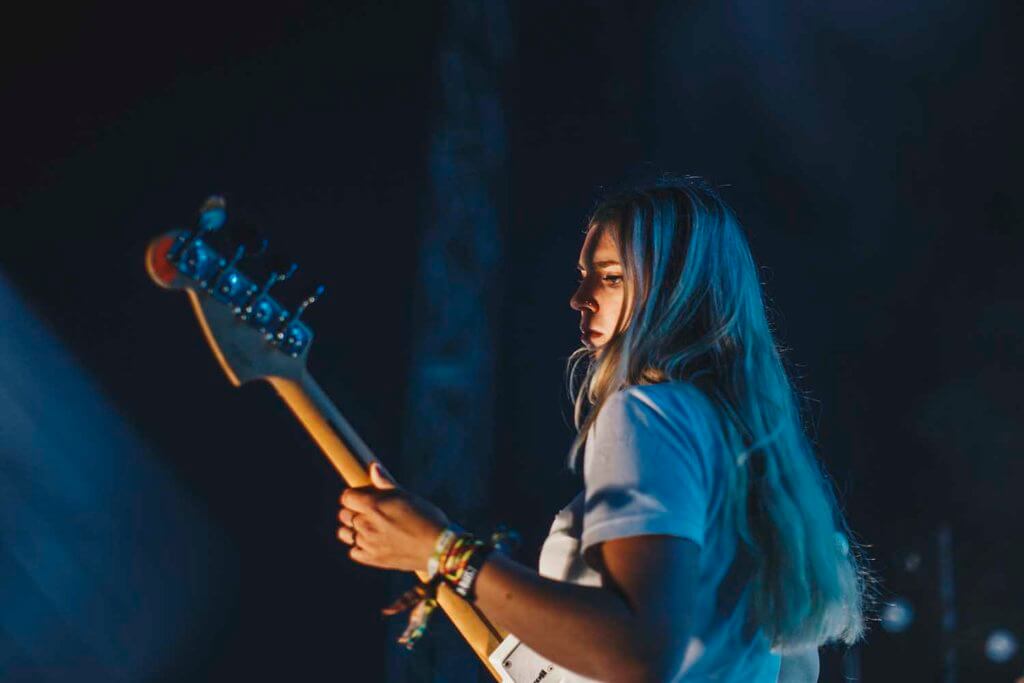
Let’s make this a celebration of your parting release. There’s a lot of empowering disco beats in the vein of Gossip, and even Warpaint, on So Long Desire. Were those bands reference points for you as a band when you started out?
Gossip was a huge epiphany for me. When I saw “Standing In The Way of Control” on VH1, I ran over to my parents’ landline (yes, I am that old), called Selina up, and said, “Oh my god!” I could hardly speak. “This is what I want to do, this is what we’re going to do”.
When we formed the band, we didn’t care that people thought we should have a guitar. I was like, “Well, challenge accepted.” To me, it’s always been a sport to do things the way people told me not to.
That’s the whole thing about Nelson Can. We’ve always done everything backwards, and that’s the same for this break up. We’re doing it how people would not expect us to do it and in a way, that’s the whole point of it. It was really important to us, and all our work over the years, that we don’t get upset with each other and walk out. That’s not respectful. Not to each other, not to the project, not to fans. So we had to find the strength to deal with our issues.
The title track of So Long Desire showcases your command of the octave pedal. How much do you manipulate the sounds on the desk vs. your pedalboard?
Sometimes we put layers or effects on afterward. Not because we invent the sound on the computer, but because of the way I’m set up. I split my signal into four using the Voodoo Lab Amp Selector to get this full sound. When you record it, you do get a lot of noise on the recording. Sometimes we have to record it cleaner and then add some of the effects afterward because otherwise, it would sound horrific. I have ruined the day of a lot of sound technicians!
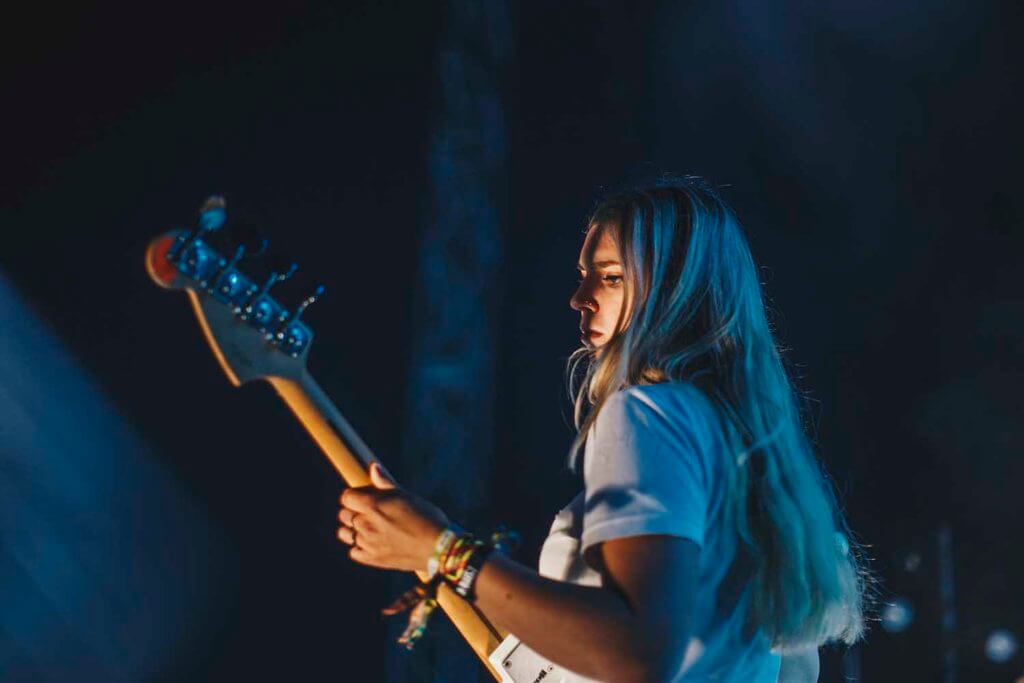
Speaking of which, you’ve stuck with a “no guitar policy” as a band from the start, which is so refreshing to see. How do you think this approach steers the direction of the songs you’re writing?
When you set a very narrow framework for your work, it does somehow feed your creativity because you have to think. You have to go places that you haven’t been to before, because what on earth can you really do with a bass?
When I started playing, it was because I was terrible at playing drums [laughs]. My music teacher said, “Well, why don’t you try the bass?” Anyone who’s played music for a long time will know that bass [was once] where you put the girls who didn’t know how to play, right? In a way, that’s the rep that bass has, which is the story I have tried to change. That’s what I had in the back of my mind when we did this. I was very determined—just because I played bass and that was the only tone instrument that we had, that should not limit us.

Your mission as a band was to “explore the world of music without chord instruments, to make music that is different from anything you’ve ever heard before” which feels particularly poignant now in light of your news. Do you feel like you’ve succeeded?
Last year, when we decided to break up, we could’ve just walked out and said that was it. I felt that we would be letting a lot of people down if we did it like that. I don’t want to put myself on a pedestal or anything, but I think what I have done as a musician has mattered and continues to matter. We have pushed some boundaries for music creation. We have inspired not just women but men and non-binary people to go on and do their thing, whatever their thing is.
Just because you decide to discontinue something doesn’t mean it’s a failure. We’re very fast or quick to label ourselves failures: we’re not thin enough, we’re not rich enough or popular enough with enough likes on Instagram, or whatever. But none of that stuff matters. It matters how you feel inside, to have good friends, to feel like you have a creative outlet. Take control of your narrative as a musician, and don’t let anyone dictate what your career looks like.
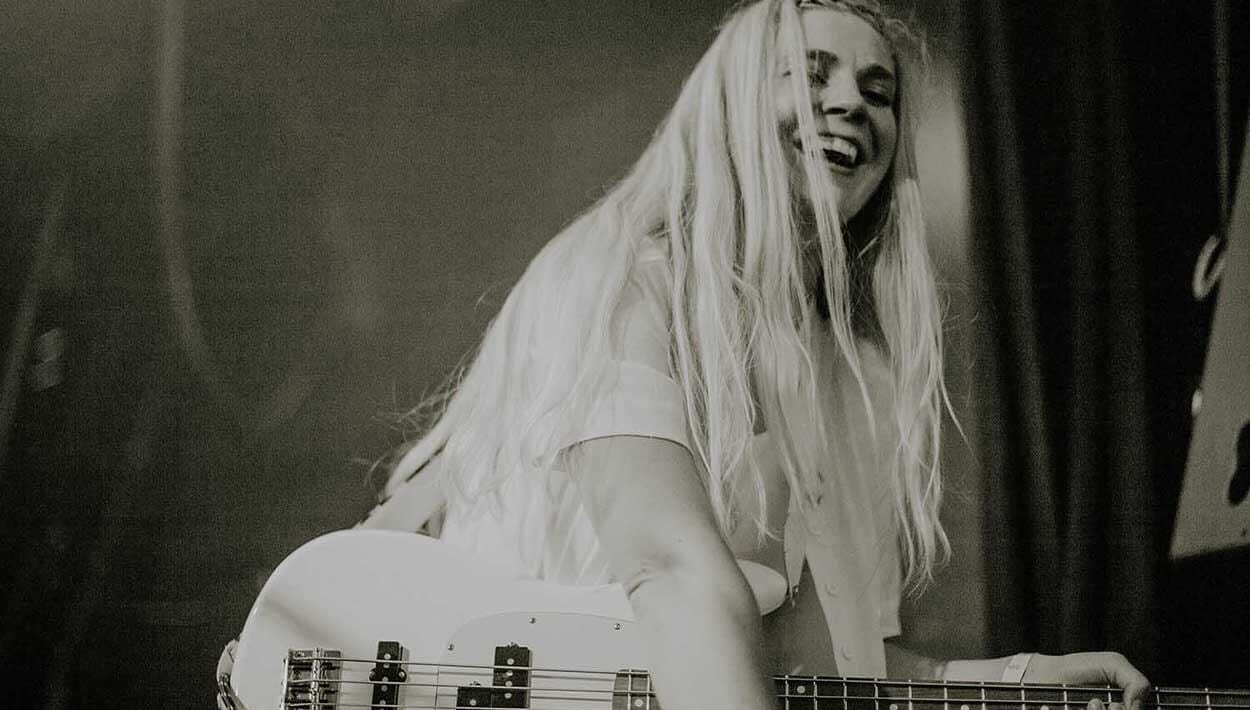

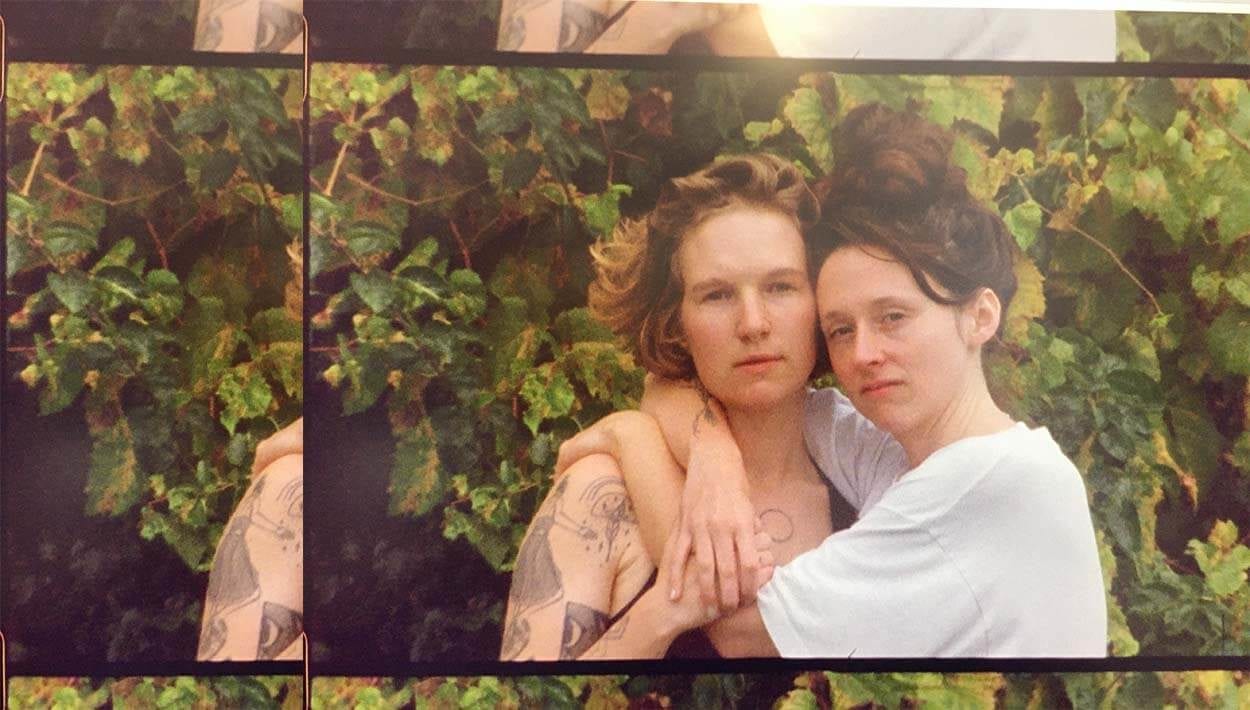
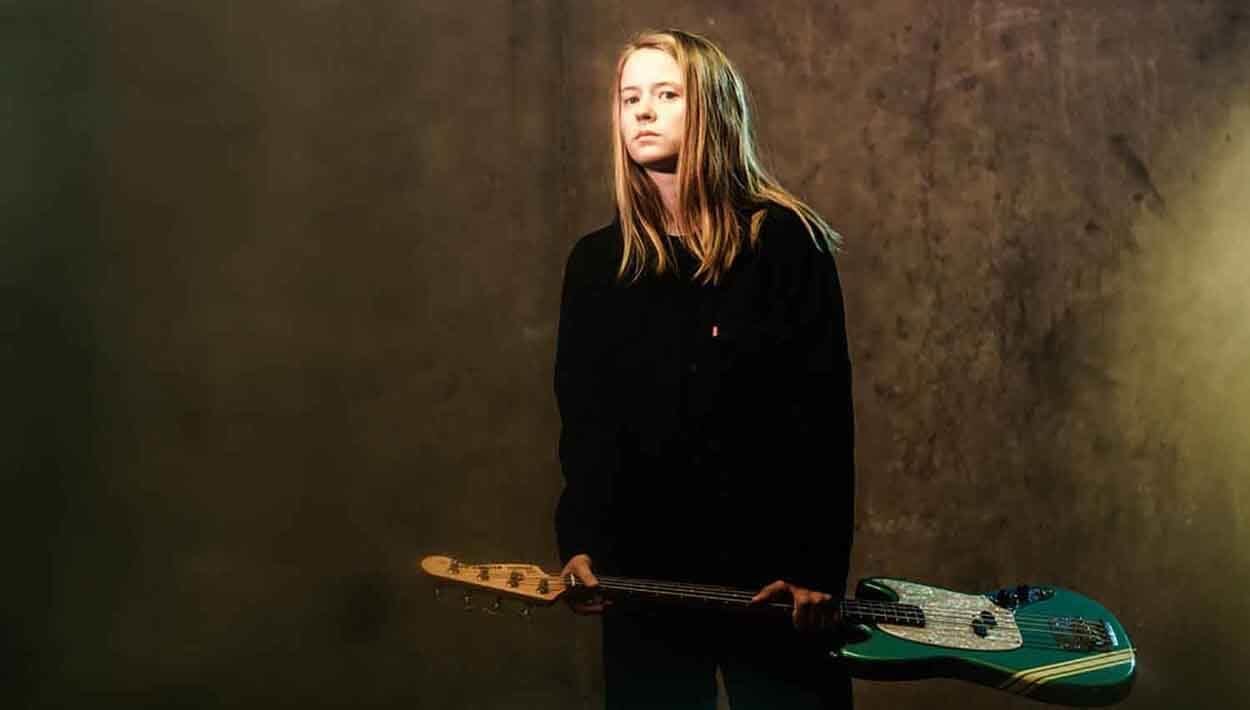
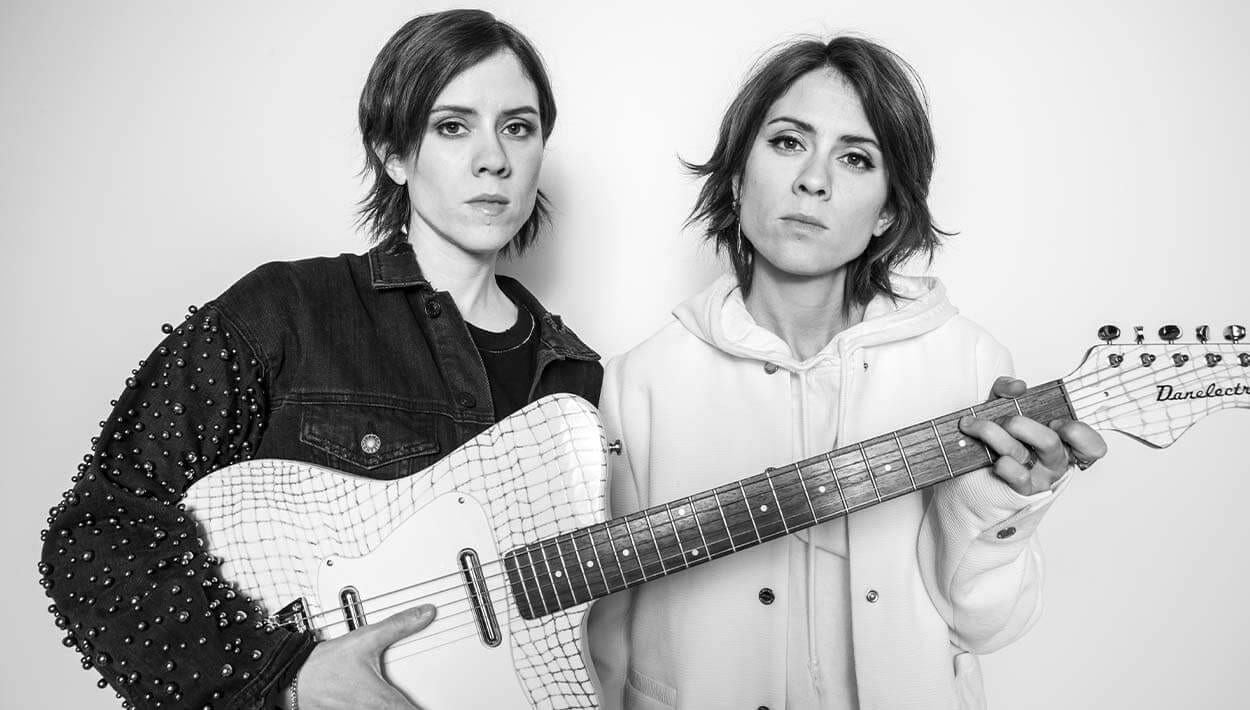
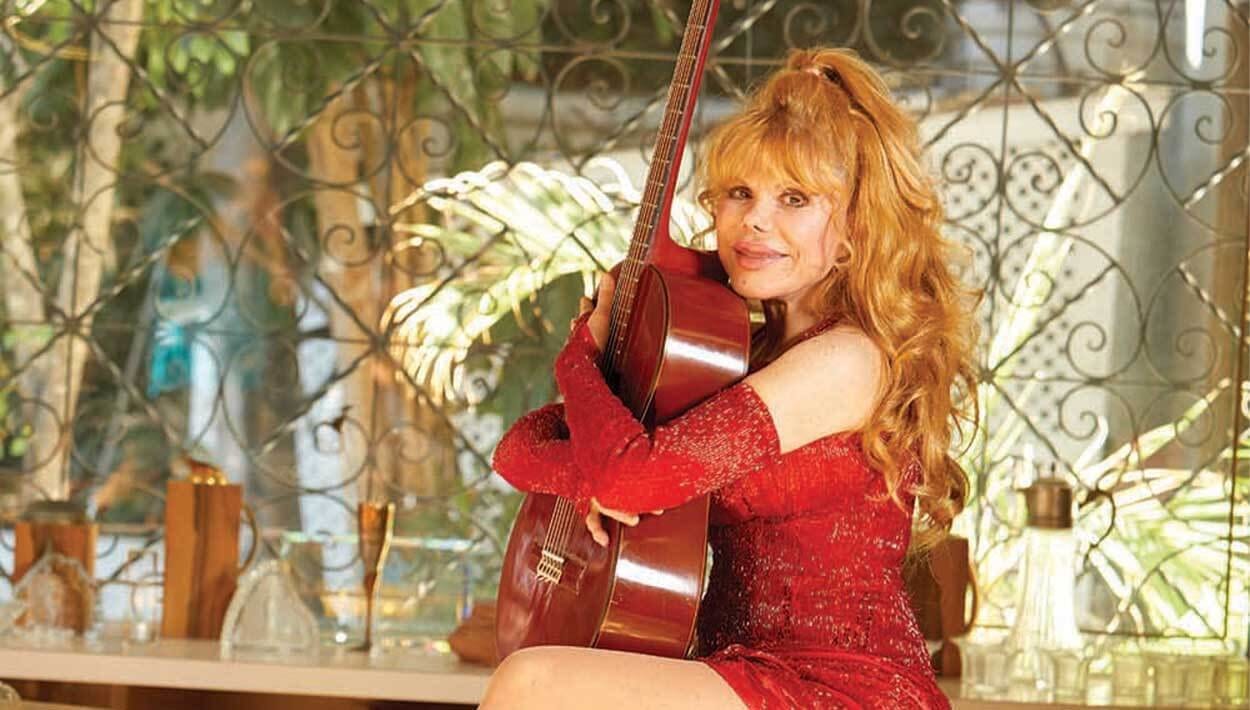

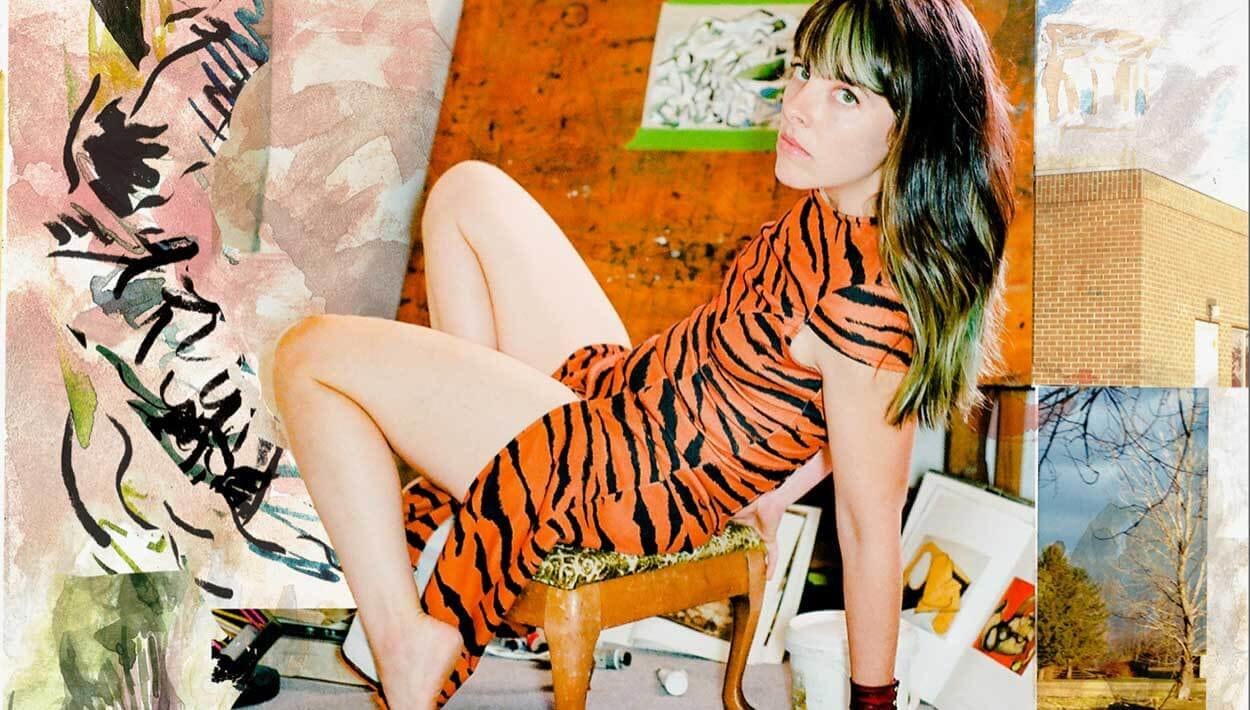

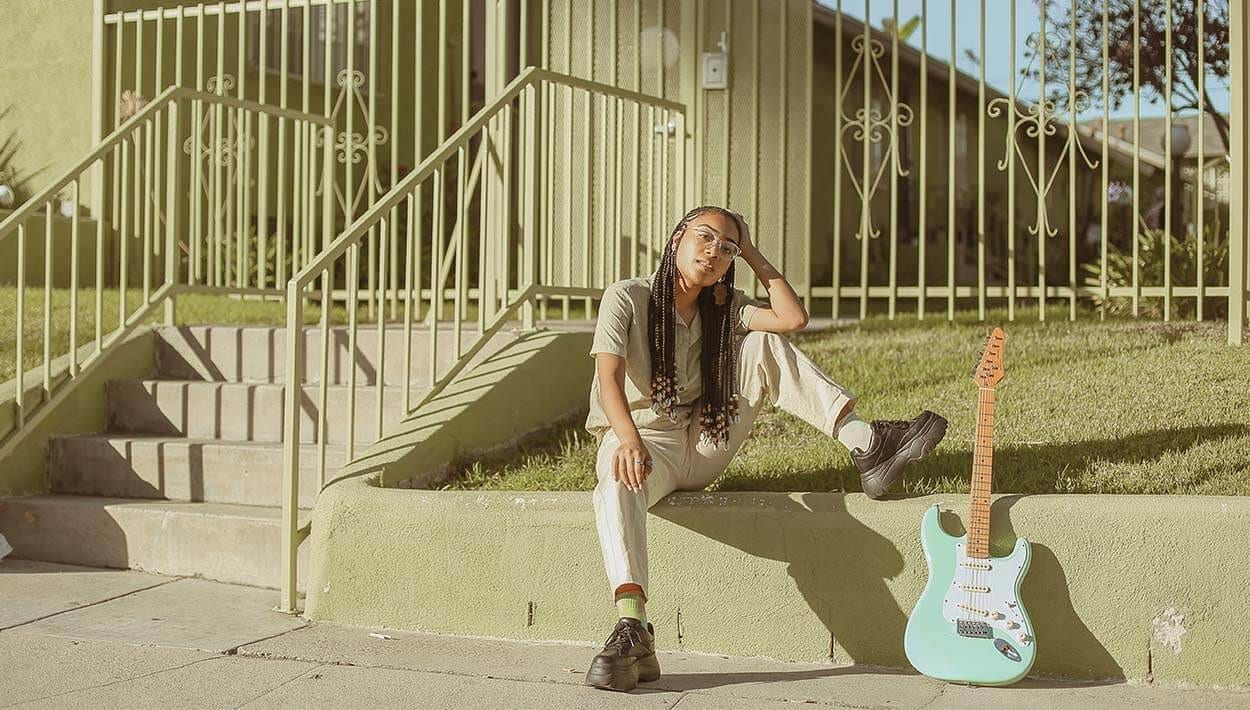
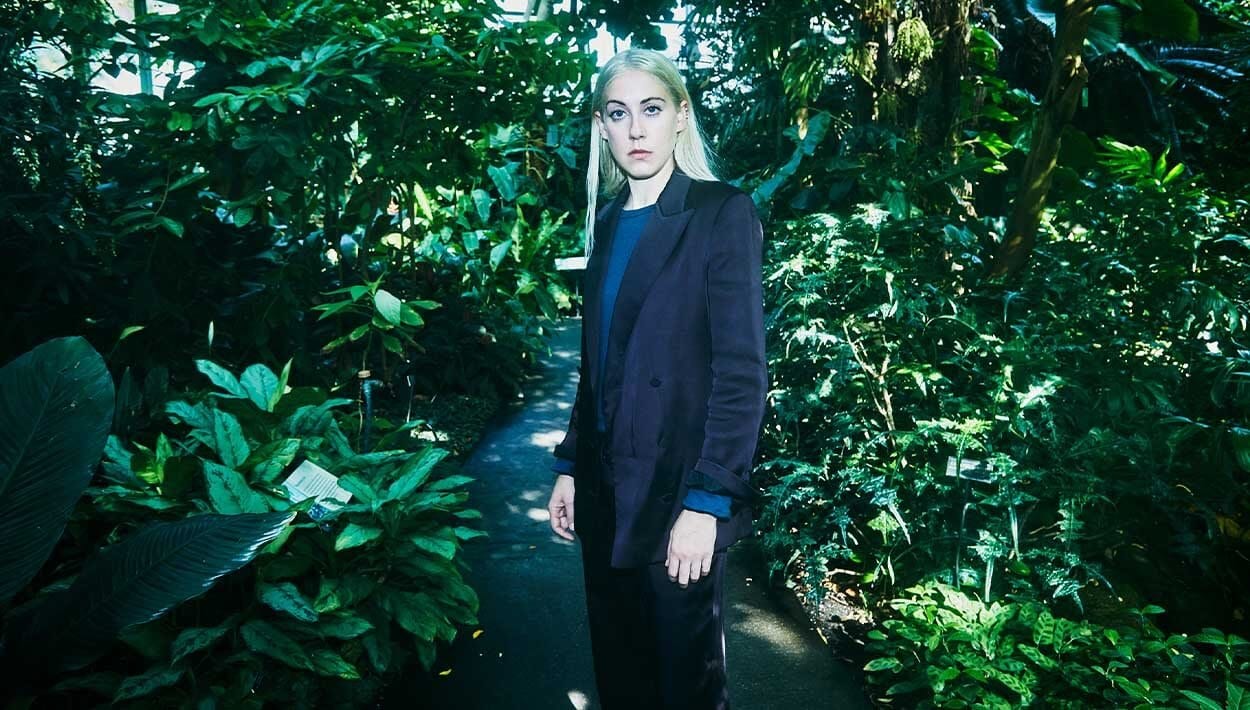
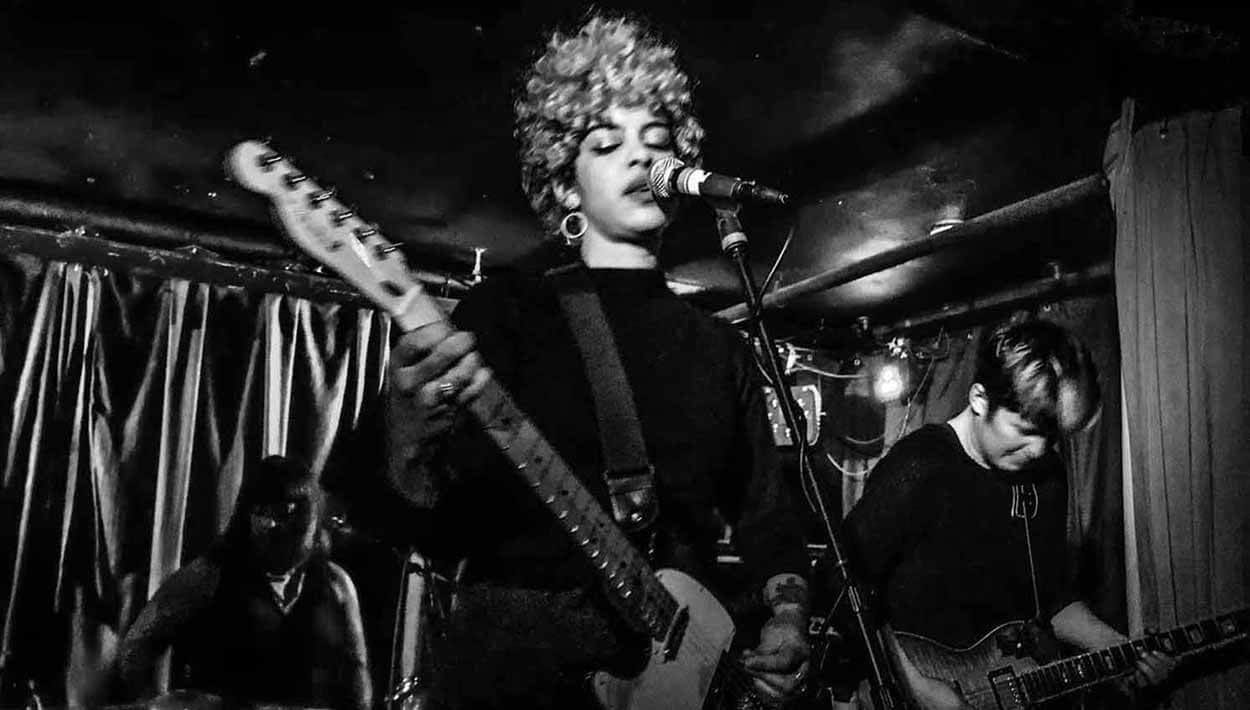


Comments
ring the article, and more importantly, your personal experienceMindfully using our emotions as data about our inner state and kno https://shareit.onl/ wing when it’s better to de-escalate by taking a time out are great tools. Appreciate you reading and sharing your story, since I can certainly relate and I think others can too
Comment by Milelmith on February 16, 2021 at 10:27 pmI really appreciate how well you keep this site updated and maintained! You can visit tiny fishing whenever you want.
Comment by Emmy Dicki on April 26, 2023 at 1:00 am